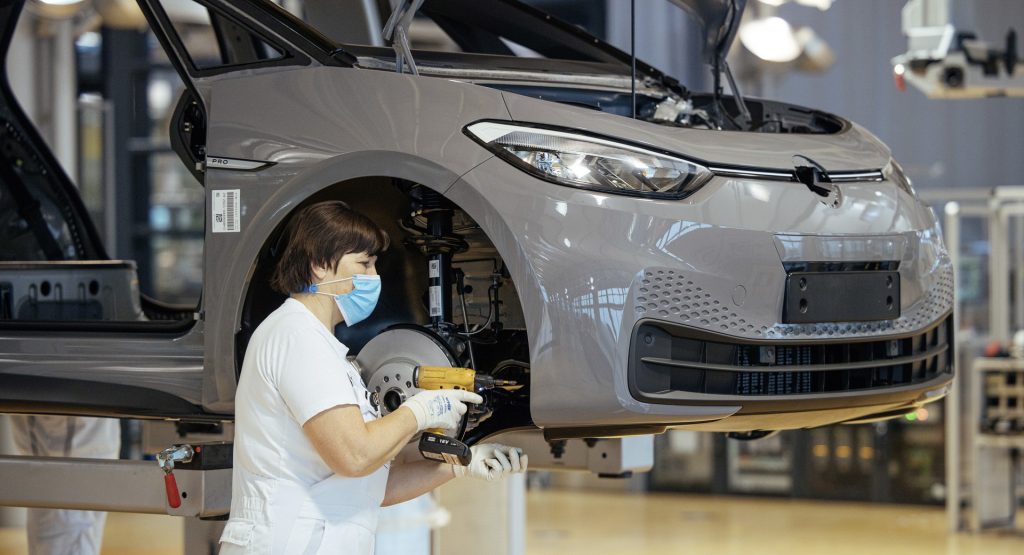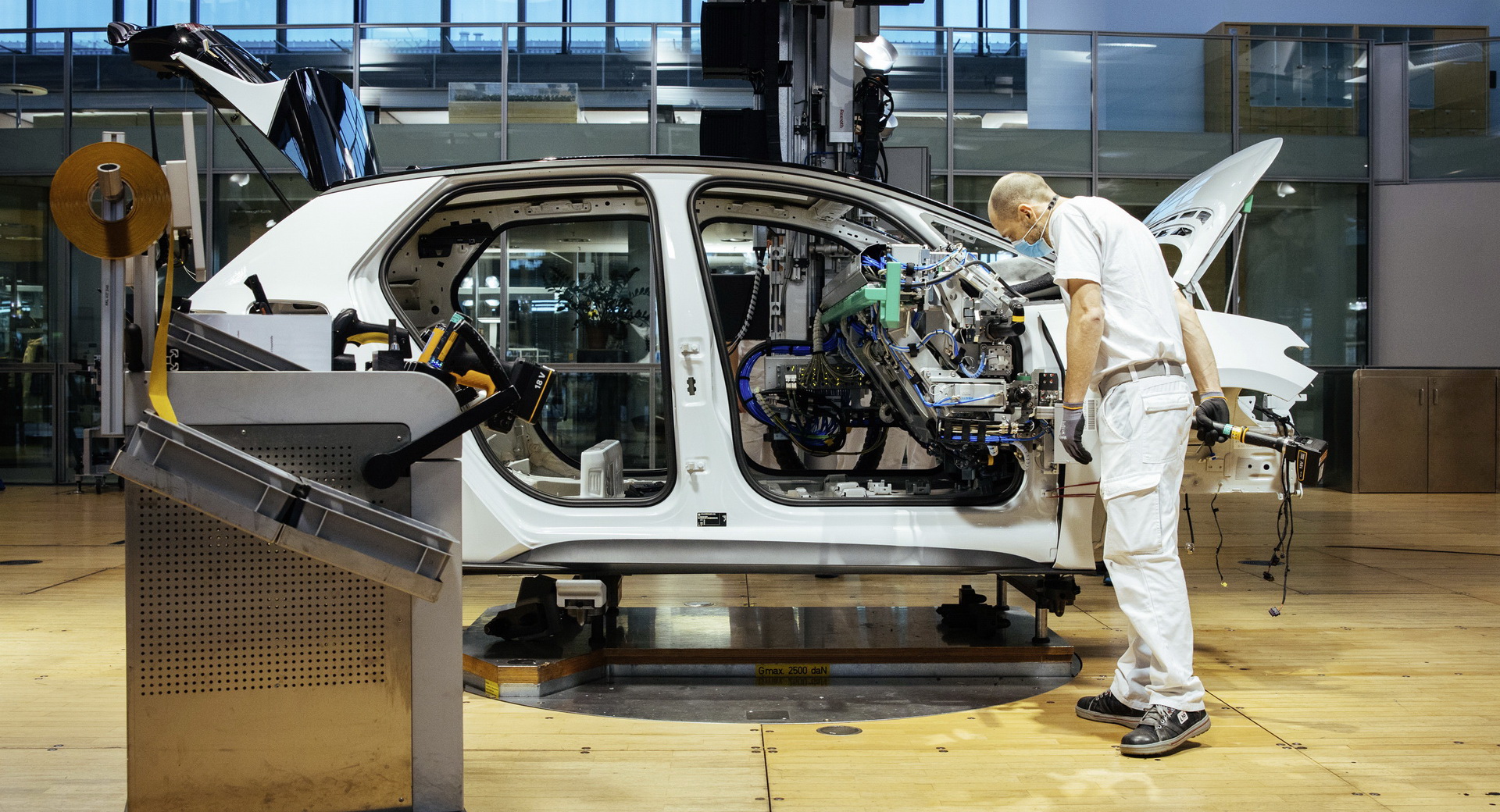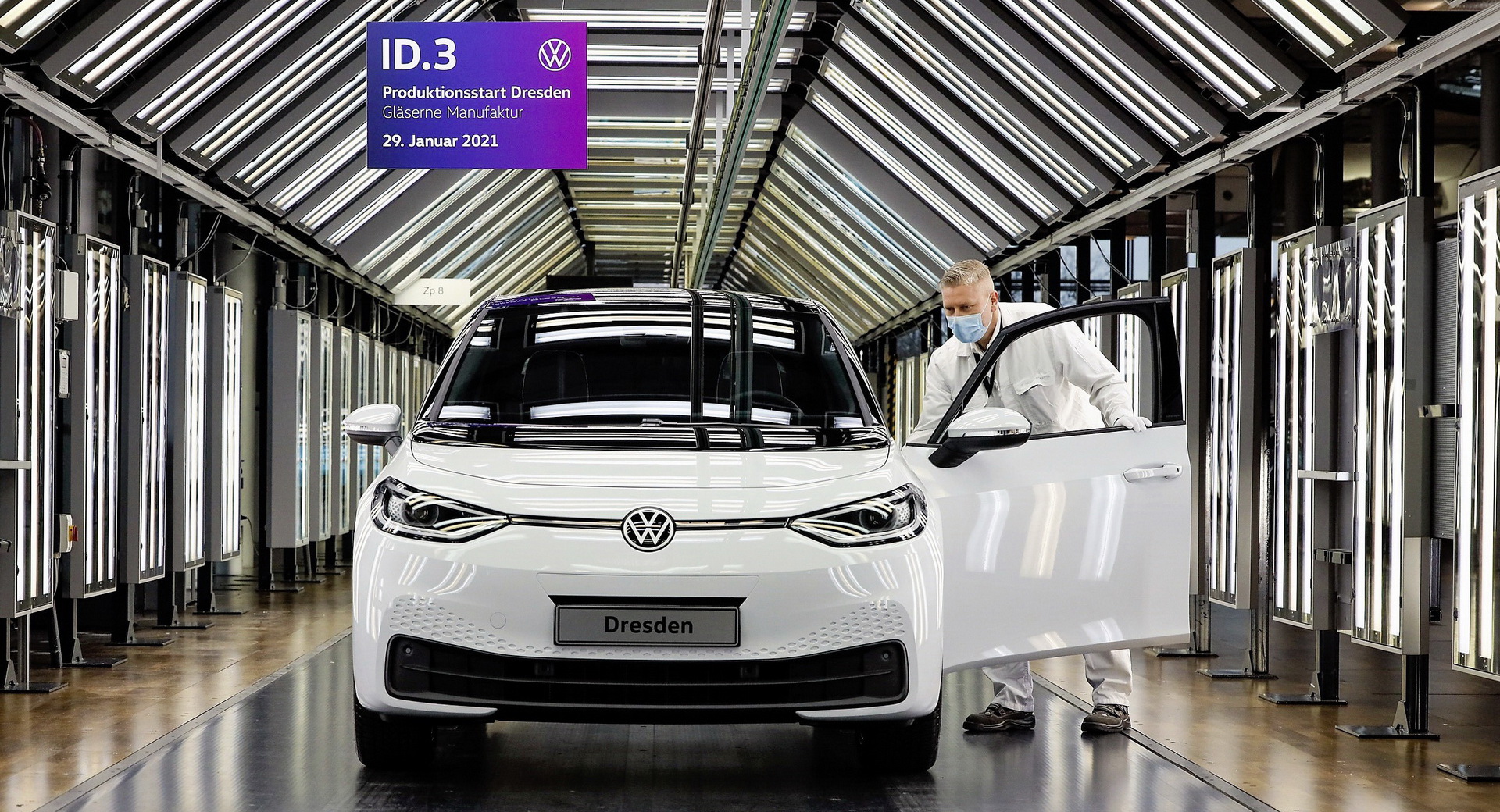VW is going to cut 4,000 jobs in Germany via an early retirement plan granted to older employees at six factories that now employ around 120,000 people.
In addition, the German carmaker has come to an agreement with the works council to offer a partial retirement plan to employees born between 1961 and 1964. The complete early retirement is offered to people born from 1956 to 1960.
The retirement packages are described as attractive by the carmaker and will be combined with the cutting of around 3,000 to 4,000 positions by 2023.
Read More: VW’s EV Expansion To Significantly Increase Battery Cell Demand
The VW Group employs around 11,500 people born between 1956 and 1960; the carmaker expects up to 900 employees to volunteer for the early retirement plan, while those who’ll choose partial early retirement are expected to be in the low four-digit figures.
“For our older colleagues, partial retirement is a good opportunity to enter their well-deserved retirement a bit earlier. The same goes for the other programs aimed at older birth cohorts,” said Bernd Osterloh, Chairman of the General Works Council.
“What all these measures also clearly show is that the works council is taking pains to ensure that the departures do not impact on the remaining employees. VW is sticking to its tried-and-tested approach: we will recruit new staff where necessary, and there will be no work intensification. What is more, we will continue to build up our business in cutting-edge fields, reinforced by our internal transformation.”
While VW didn’t share the cost of its latest early retirement plan, inside sources told Reuters that they estimated it to be close to 500 million euros ($596 million). The company did say however that at the same time they are raising the training budget to 200 million euros ($238 million), an increase of 40 million, and they are extending a hiring freeze until the end of 2021. VW Group will hire only on areas like EVs, battery cell development, and digitalization.
“The guiding principles adopted in the Future Pact and the digital transformation roadmap remain binding,” said Gunnar Kilian, Chief Human Resources Officer of Volkswagen AG. “This means that we are strengthening the internal transformation of our workforce and creating jobs in forward-looking areas – through training and targeted external recruitment. For this purpose, we are also increasing our training budget by 40 million euros to a total of 200 million euros.”










